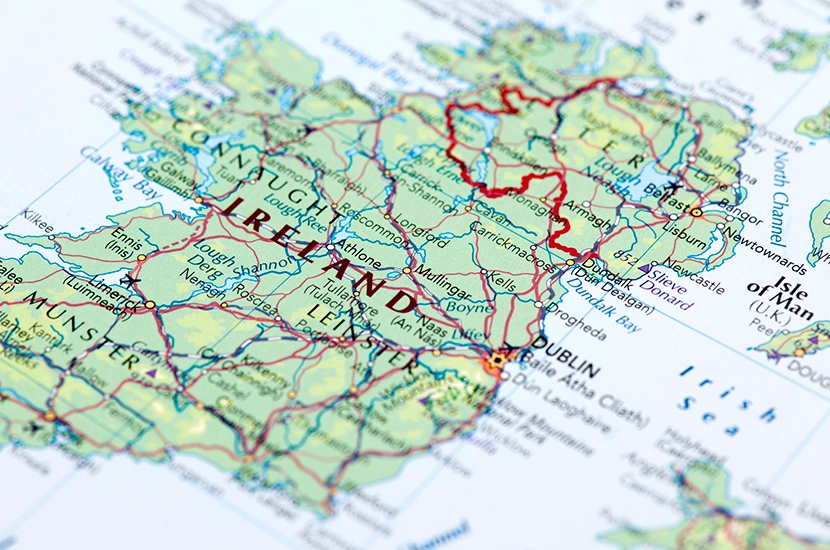Last week, Edwin Poots was elected leader of the DUP. You will have read all about him. I have. You may not previously have known much about him. I didn’t. We should hesitate, I think, to respond to his elevation with a broad-brush sneering dismissal, or in personal terms. We know, of course, about Mr Poots’s creationist beliefs and most of us reject them, and I don’t like his views on homosexuality or abortion; but Poots has proved able to work pragmatically with republican fellow politicians.
In an important way, though, this isn’t about Poots, but what he represents: a unionist shift towards back-to-basics fundamentalism. His party is lurching towards a ‘core-vote’ strategy: consolidating its appeal to its fiercest supporters in the Protestant community while laying aside ambitions to win back voters peeling away from strident unionism. It is possible the DUP is beginning a slow, comforting, but ultimately fatal retreat towards the margin.
That’s certainly how many outside, and some within, the politics of the Province see things. Such commentary often proceeds to speculate on the terms of the Belfast (‘Good Friday’) Agreement’s provision for a referendum in Northern Ireland: a plebiscite on union with the south. The agreement states that the Secretary of State for Northern Ireland shall call a border poll ‘if at any time it appears likely to him that a majority of those voting would express a wish that Northern Ireland should cease to be part of the United Kingdom and form part of a united Ireland’. Post-Poots commentary has tended to suppose that if the DUP want to lead their followers on to narrower ground, they will leave behind enough stragglers to create, with Sinn Fein and other republican voters, a crude and perhaps bare majority for a united Ireland. Such a majority may not be all that far off.









Comments
Join the debate for just £1 a month
Be part of the conversation with other Spectator readers by getting your first three months for £3.
UNLOCK ACCESS Just £1 a monthAlready a subscriber? Log in